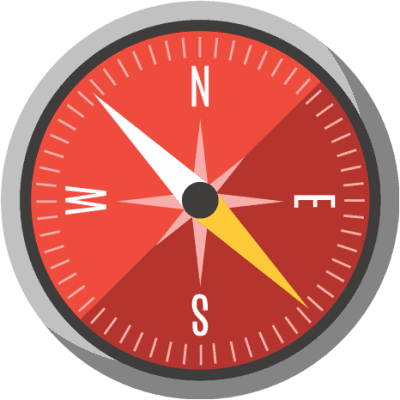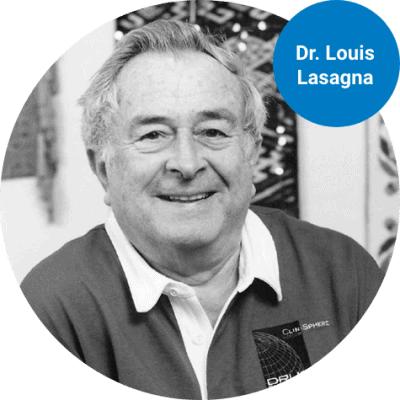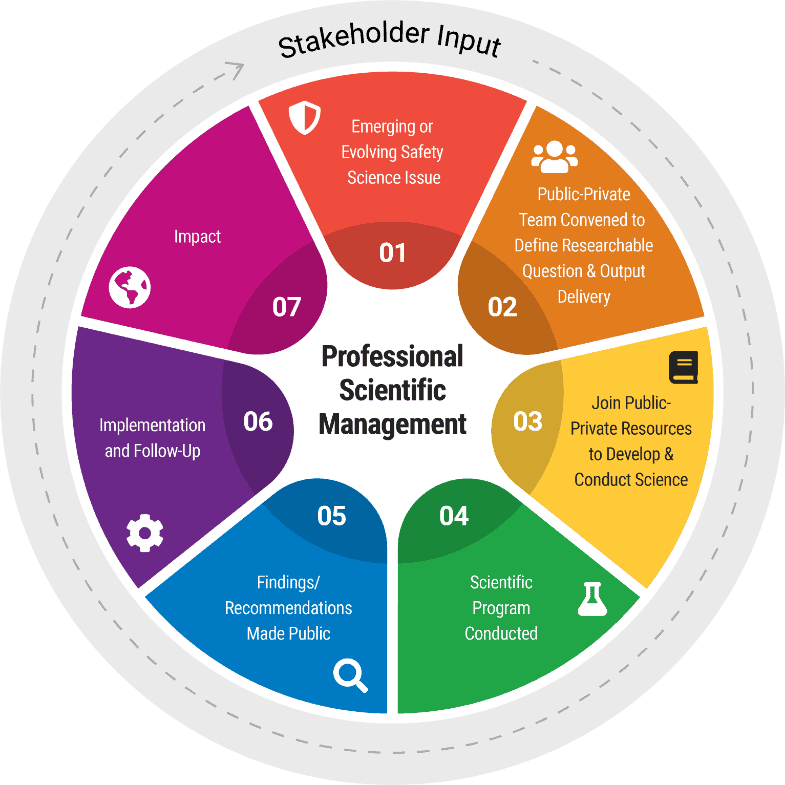HESI Mission
It is our mission to collaboratively identify and help to resolve global health and environmental challenges through the engagement of scientists from academia, government, industry, NGOs, and other strategic partners. We achieve our mission in a variety of ways:


